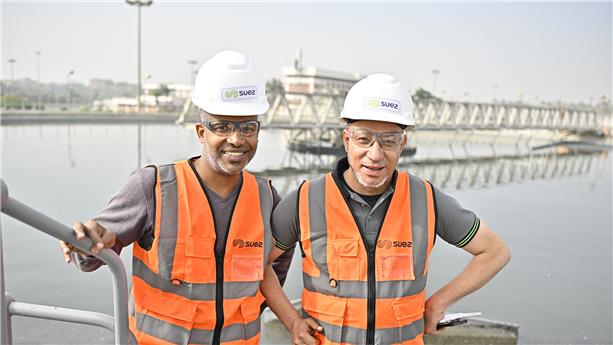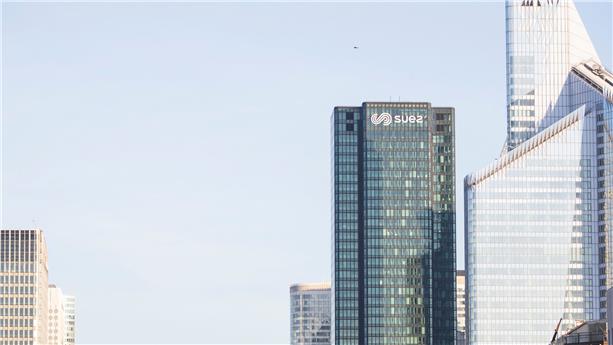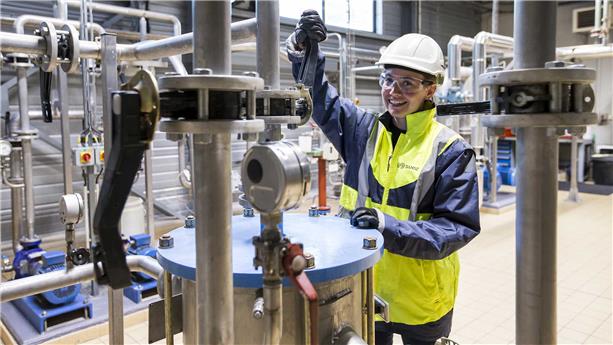
Eramet and Suez choose Dunkirk for their electric vehicle battery recycling plant
The project involves an upstream dismantling plant and a downstream metal extraction plant. The final investment decision for the project is expected by the end of 2023 for the upstream plant, with a target start-up in 2025, and by the end of 2024 for the downstream plant, with a target start-up in 2027.
Eramet and SUEZ have chosen the Grand Port Maritime de Dunkerque (59) as the location for their joint project ReLieVe. This choice is a key step in the development of the innovative battery recycling project initiated by the two partners in 2019.
A pilot plant to continuously test and validate the refining process on a pre-industrial scale is about to be put into operation in Trappes (78), on the site of Eramet's research center.
The project involves the construction of two facilities:
- An "upstream" blackmass dismantling and production plant expected to start in 2025, with a processing capacity of 50 000 tons of battery modules per year, the equivalent of 200,000 electric car batteries.
- A "downstream" hydrometallurgy plant to extract and refine the strategic metals contained in the blackmass (nickel, cobalt, lithium), allowing them to be reused in the production of new batteries.
Within this project, the two partners will combine their respective expertise:
- SUEZ in the collection, sorting, preparation, dismantling and recycling of materials from used batteries.
- Eramet for the development of hydrometallurgical technology to recycle the strategic metals contained in the blackmass.
The performances obtained during the development process indicate that it is possible to meet or exceed the requirements of the future European regulations1 with a reduced use of natural resources and a reduced carbon footprint.
A recycling plant located in the heart of the “battery valley”
The Dunkirk site is ideally positioned at the heart of the "battery valley" that is emerging in the Hauts de France region. Several battery production plants, (gigafactories), are due to open in the region over the next few years.
Eramet has received a grant from the European Union and BPI totaling €80 million in order to finance pre-industrialization studies, plant construction and operating costs for the first 10 years of operation.
Christel Bories, Chair and CEO of Eramet: "The progress of the ReLieVe project confirms our desire to move forward with the creation of a battery recycling sector in France. New ‘urban’ mines are being set up on European territory: as a responsible mining player, our role is to develop this resource and give it a second life, with a considerably reduced environmental impact.”


